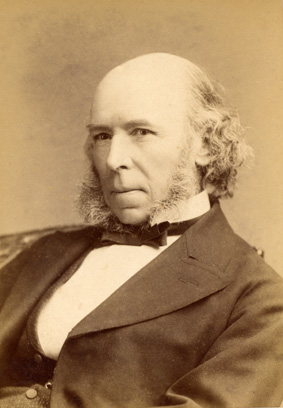I think this is to misunderstand. Reproductive fitness, as the term is used, has to do with the ability of an organism to get its genes to the next generation, by whatever strategy. If your genes pass on, then the traits those genes carry are more likely to show up in subsequent generations. This is obviously more likely if your genes create traits that further help you pass on genes. If being smarter helps, then lots of smart genes end up in subsequent generations. If having abstract reasoning helps you in any fashion that would also help your genes make it to the next generation, either by one's abstract intelligence helping individuals and groups in having successful hunts, surviving long winters, garnering wealth, getting good marriages for their sons and daughters, etc etc, then the trait of being smart, and smart enough to engage in abstract reasoning, to the extent that it is genetic, will be passed to subsequent generations.
This explores it briefly and with some nuance
https://www.nature.com/scitable/blog/accumulating-glitches/the_meaning_of_fitness/
It's a pity about the old adage, I don't know whom the adage was supposed to help out exactly, but the truth is, people's brains do make them want to reproduce, and reproducing passes on genes that make new brains. With the posessors of smarter brains having the best chance to make it to reproductive age and make sure their offspring make it to reproductive age. I'm not sure exactly what you mean when you say "reproduction has little to do with how the human brain functions" what with so many people claiming their reproductive hormones influence how they feel, and what with people being so consciously preoccupied with their mating strategies (love lives) etc etc etc...
:max_bytes(150000):strip_icc()/__opt__aboutcom__coeus__resources__content_migration__mnn__images__2013__07__Trio-Spixs-Macaw-Captivity-41606906c404424fb879f2b26f261f4f.jpg)
www.treehugger.com




